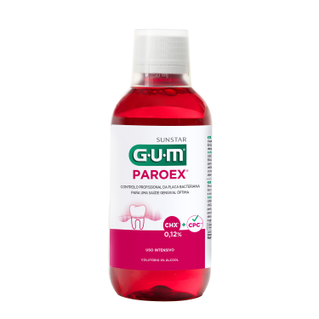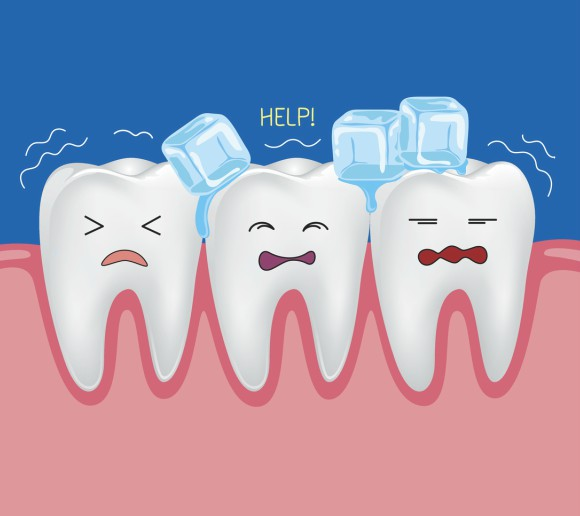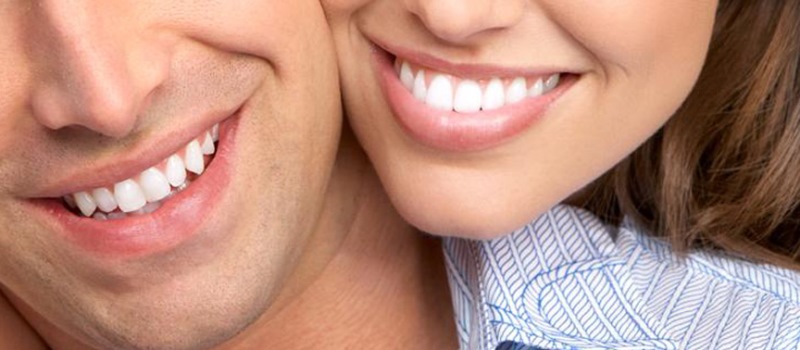What Is Enjuagues Bucal Con Clorhexidina? Oral Health Solution

Enjuagues bucal con clorhexidina, which translates to “mouthwash with chlorhexidine” in English, is a type of oral health solution widely used for its potent antimicrobial properties. Chlorhexidine, the active ingredient in these mouthwashes, is a disinfectant and antiseptic that has been extensively used in dental care for decades. It is particularly effective against a broad spectrum of microorganisms, including bacteria, viruses, and fungi, making it a crucial component in the prevention and treatment of various oral health issues.
How Does Chlorhexidine Work?
Chlorhexidine works by disrupting the cell membrane of microorganisms, ultimately leading to their death. This mechanism of action is not only effective against planktonic microorganisms (free-floating bacteria) but also against biofilms (communities of microorganisms attached to surfaces), which are a common cause of oral infections and diseases. Its ability to bind to tooth surfaces and mucous membranes provides a prolonged antimicrobial effect, even after the mouthwash has been spat out.
Uses of Enjuagues Bucal Con Clorhexidina
Gingivitis Treatment and Prevention: Chlorhexidine mouthwashes are often prescribed to reduce gingivitis, an inflammation of the gums that can lead to more severe periodontal diseases if left untreated. By controlling plaque formation, these mouthwashes help in reducing inflammation and preventing the progression of the disease.
Periodontitis Management: In patients with periodontitis, a condition characterized by inflammation of the gums and loss of bone that support the teeth, chlorhexidine mouthwash can be an adjunct to mechanical therapy (such as scaling and root planing) to control the microbial infection.
Prevention of Dental Caries: Although its primary use is not for caries prevention, chlorhexidine mouthwashes can also inhibit the growth of Streptococcus mutans, a key bacterial species involved in the development of tooth decay.
Oral Mucositis: For patients undergoing chemotherapy or radiation therapy, chlorhexidine mouthwashes can help prevent or treat oral mucositis, which is an inflammation of the mucous membranes in the mouth.
Dental Implant Care: To prevent peri-implantitis, an inflammatory process affecting the soft and hard tissues surrounding dental implants, chlorhexidine can be used as part of a maintenance regimen.
Side Effects and Considerations
While enjuagues bucal con clorhexidina is generally safe and effective, there are potential side effects to consider, including:
- Tooth Discoloration: Chlorhexidine can bind to tooth surfaces and cause discoloration.
- Taste Alteration: Some users may experience a metallic taste or an alteration in taste sensation.
- Mouth Irritation: In rare cases, chlorhexidine can cause irritation to the mucous membranes, leading to a burning sensation or pain.
- Allergic Reactions: Although rare, allergic reactions to chlorhexidine can occur.
It’s essential to use chlorhexidine mouthwashes as directed by a healthcare provider or dentist, especially considering the potential for side effects and the importance of proper oral hygiene practices. Regular dental check-ups are also crucial for maintaining good oral health and preventing diseases.
Conclusion
Enjuagues bucal con clorhexidina is a valuable tool in oral health care, offering broad-spectrum antimicrobial activity that can be instrumental in the prevention and treatment of various oral health conditions. Its effectiveness, combined with proper dental hygiene practices, makes it a recommended adjunct for maintaining optimal oral health. Always consult with a dental professional to determine the most appropriate use of chlorhexidine mouthwash for your specific oral health needs.
FAQ Section
What is the primary use of enjuagues bucal con clorhexidina?
+The primary use of enjuagues bucal con clorhexidina, or chlorhexidine mouthwash, is for its antimicrobial properties to prevent and treat various oral health issues such as gingivitis, periodontitis, and dental caries.
Can chlorhexidine mouthwash cause any side effects?
+Yes, chlorhexidine mouthwash can cause side effects such as tooth discoloration, taste alteration, mouth irritation, and in rare cases, allergic reactions.
How often should I use enjuagues bucal con clorhexidina?
+The frequency of using chlorhexidine mouthwash depends on the specific oral health condition being treated or prevented. It is essential to follow the instructions provided by your dentist or healthcare provider.
Is chlorhexidine mouthwash suitable for everyone?
+No, chlorhexidine mouthwash may not be suitable for everyone, especially children under a certain age, individuals with certain medical conditions, or those with known allergies to chlorhexidine. Consult with a healthcare provider or dentist before use.
Can I use chlorhexidine mouthwash for oral mucositis prevention during chemotherapy?
+Yes, chlorhexidine mouthwash can be used as part of the prevention and treatment strategy for oral mucositis in patients undergoing chemotherapy. However, it’s crucial to follow the advice of your healthcare provider.


